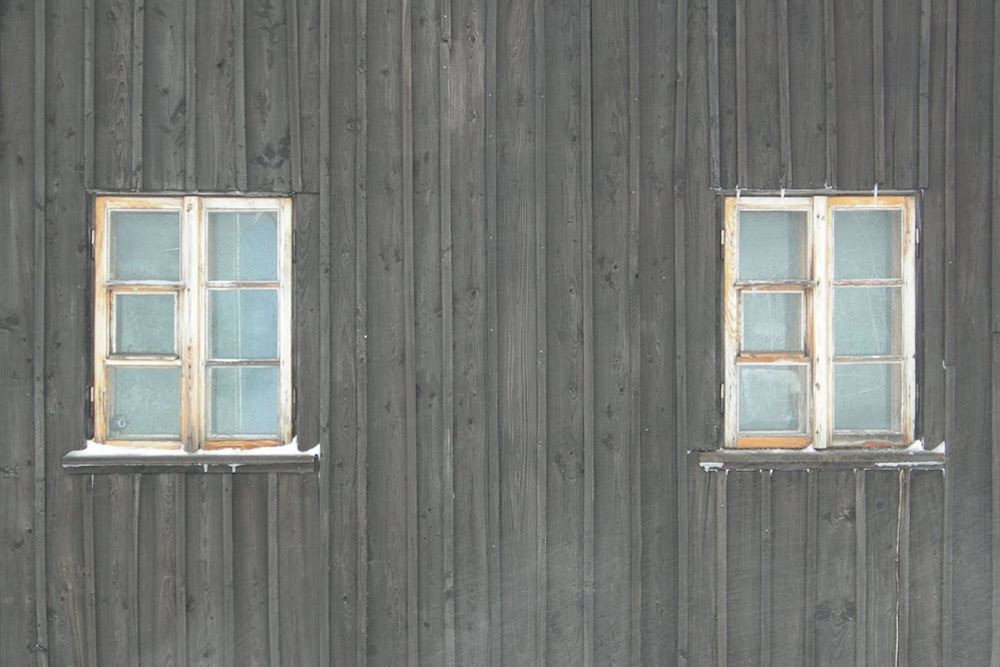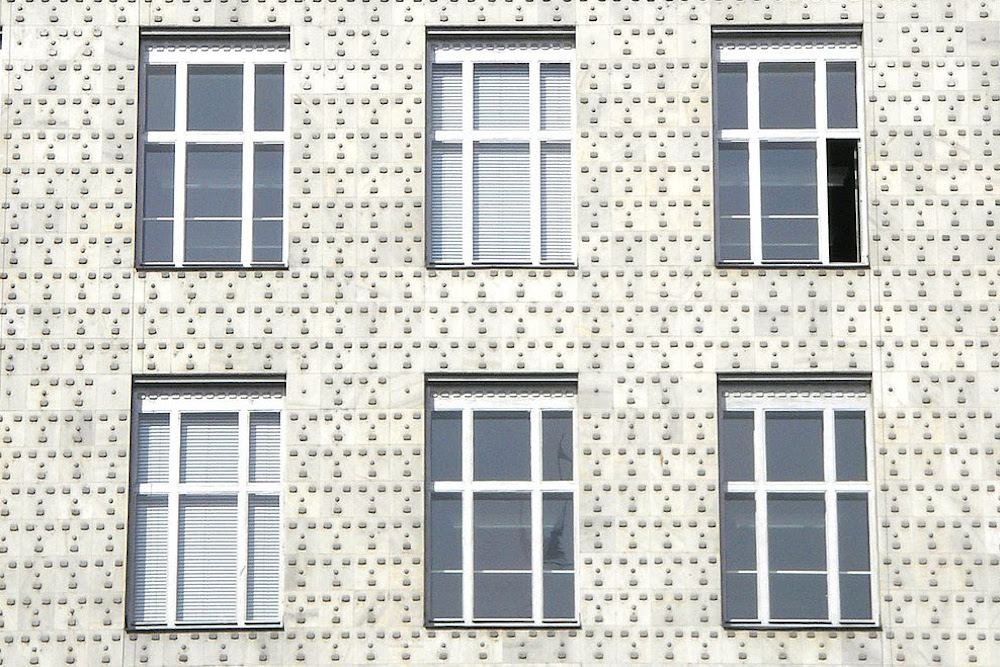Every week, the editors of The Paris Review lift the paywall on a selection of interviews, stories, poems, and more from the magazine’s archive. You can have these unlocked pieces delivered straight to your inbox every Sunday by signing up for the Redux newsletter.
This week at The Paris Review, we’re peering through windows. Read on for John Hall Wheelock’s Art of Poetry interview, an excerpt from Gerald Murnane’s Border Districts, and Forough Farrokhzad’s poem “Window.”
If you enjoy these free interviews, stories, and poems, why not subscribe to The Paris Review? Or take advantage of our new subscription bundle, bringing you four issues of the print magazine, access to our full sixty-seven-year digital archive, and our new monogrammed notebook for only $69 (plus free shipping!).
John Hall Wheelock, The Art of Poetry No. 21
Issue no. 67 (Fall 1976)
One reason I know it was not my line is I consulted a dictionary to find out that an oriel was a window in a balcony that you could look down from. I had sensed that it was some kind of window, but I didn’t know. I looked it up, afraid that it might be the wrong kind of window and wouldn’t fit into the poem. Now I have taken that line on as my own, yet no one can convince me that I didn’t hear it.
from Border Districts
By Gerald Murnane
Issue no. 217 (Summer 2016)
I have always believed myself to be indifferent to architecture. I hardly know what a gable is or a nave or a vault or a vestry. I would describe my neighborhood church as a symmetrical building comprising three parts: a porch, a main part, and, at the furthest end from the street, a third part surely reserved for the minister before and after services. The walls are of stone painted—or is the correct term rendered?—a uniform creamy white. I am so unobservant of such details that I cannot recall, here at my desk, whether the pitched roofs of the porch and the main part are of slate or of steel. The rear part has an almost flat steel roof. The windows aren’t of much interest to me, except for the two rectangular windows of clear glass, each with a drawn blind behind it, in the rear wall of the minister’s room. The main part of the church has six small windows, three on each side. The glass in each of these windows is translucent. If I could inspect it from close at hand, the glass might well seem no different from the sort that I learned to call as a child frosted and saw often in bathroom windows.
Window
By Forough Farrokhzad, translated by Elizabeth T. Gray Jr.
Issue no. 233 (Summer 2020)
A window for seeing
A window for hearing
A window like a well
that ends deep in the heart of the earth
and opens out into this expanse of recurring blue kindness
A window that overfills the tiny hands of loneliness
with its nightly gift: the perfume of generous stars
And from there one could invite the sun
to the geraniums in exile
One window is enough for me …
And to read more from the Paris Review archives, make sure to subscribe! In addition to four print issues per year, you’ll also receive complete digital access to our sixty-seven years’ worth of archives. Or take advantage of our new subscription bundle, bringing you four issues of the print magazine, access to our full archive, and our new monogrammed notebook for only $69 (plus free shipping!).
from The Paris Review https://ift.tt/3rgjjWV



Comments
Post a Comment